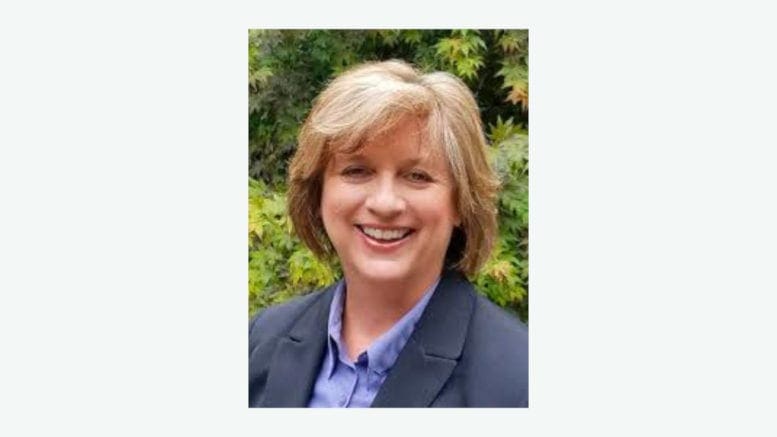by Melanie Dallas, LPC
For the past couple years as we’ve recognized Black History Month in February, I have written articles celebrating the accomplishments of Black pioneers in mental health – people such as Dr. Joseph L. White, who developed the first-ever strengths-based evaluation of Black culture; Dr. Mamie Phipps Clark, who studied the effects of discrimination and racial identity on the psychology of Black Americans; and Lois Curtis, a Georgia woman with mental illness and cognitive impairment who fought all the way to the Supreme Court for the right to live in her community rather than an institution – and won.
But there is another, more complex story at the intersection of Black history and mental health, one that does not speak to a proud legacy. It is the history of racism in America. And even if you believe we have moved past that (which is debatable), there is no denying racism has impacted the mental health of generations of Black Americans, and continues to today.
Deborah Alexander, a certified substance use counselor and program manager at Highland Rivers who is Black, says she’s heard many reasons African Americans may struggle with mental health, and why they may be reluctant to seek treatment.
“I think a big issue for the African American community is poverty, because poverty can bring on depression, hopelessness, feelings of worthlessness,” Deborah says. “But at the same time, some African Americans are raised not to air their problems, sort of ‘what happens in this house stays in this house.’ There is some mistrust of the healthcare system, and others feel that healthcare providers are not culturally competent.”
There are other reasons as well: Blacks are almost twice as likely to be uninsured as Whites, while the lack of Black therapists – only 2% of U.S. psychologists are Black – may cause some African Americans to feel they are unlikely to find a therapist who truly understands their challenges. But such barriers, whether real or perceived, have a significant impact – statistics show that while 40% of White Americans seek mental health treatment, only 25% of Black Americans do.
Renee’ Christian, a licensed professional counselor and regional director at Highland Rivers who is also Black, says African American men especially often don’t seek mental health treatment, having been raised with the idea that men are supposed to be strong.
“A lot of men feel that asking for help means they are weak, and it seems it is especially pronounced in the Black community,” Renee’ says. “A lot of men feel if they have mental health issues it means they will be thought of as crazy, and so they don’t get help.”
Unfortunately, mental health struggles among African Americans may also start early in life, with racial trauma a significant contributor. Research has found that Black youth have an increased risk of developing PTSD: nearly 65% of African American youth report traumatic experiences, compared to 30% of their peers from other ethnic groups. It all takes a heavy toll – according to Mental Health America, Black adults are 20% more likely to report serious psychological distress than White adults.
Still both Renee’ and Deborah remain hopeful, and work to change perceptions about mental health treatment. Says Renee’: “If you know something is wrong with your body, you go talk to a doctor. Well, this is the same thing – but instead of talking about your sore shoulder or cough, you have a conversation about how you feel. There’s nothing to be ashamed of.”
Deborah’s perspective is much the same, and to the point. What African Americans need, she says, is, “Education, education, education.”
Ultimately, we must work toward a better understanding of the unique mental health challenges of African Americans, and toward more equitable and culturally sensitive system for addressing them – as broad and all-encompassing as such work might turn out to be. While we cannot change the past, we must commit to changing the future.
Melanie Dallas is a licensed professional counselor and CEO of Highland Rivers Behavioral Health, which provides treatment and recovery services for individuals with mental illness, substance use disorders, and intellectual and developmental disabilities in a 13-county region of northwest Georgia that includes Bartow, Cherokee, Cobb, Floyd, Fannin, Gilmer, Gordon, Haralson, Murray, Paulding, Pickens, Polk and Whitfield counties.




